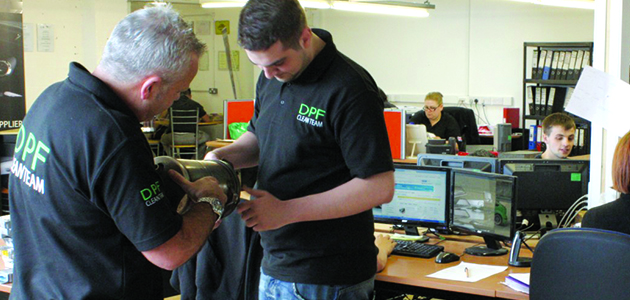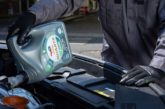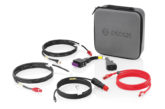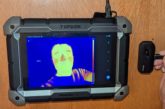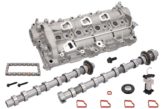
PMM’s readers are no doubt familiar with the concept of DPFs ( Diesel Particulate Filters) by now but, to refresh your memory, the component is designed to catch harmful diesel particles produced by diesel engines so as to stop them travelling out through the exhaust system.
Basically it’s a soot/carbon catcher. The main reason for their use is that diesel particles are seen as being responsible for an increase in heart and lung problems.
What causes a blocked DPF?
The life of a DPF is around 80,000 – 100,000 miles, but this can be higher for a well driven vehicle. The primary cause for blockages, however, is down to the driving style of the car owner; short journeys and very few motorway miles will stop the vehicle from ‘regenerating’, thus causing the DPF to become blocked.
Mechanical faults to components such as: EGR valves, glow plugs, injectors, sensors, exhaust manifold, turbo charger and piston rings can also cause premature DPF failure. A completely blocked DPF can lead to deteriorating engine performance, increased fuel consumption and eventual loss of power.
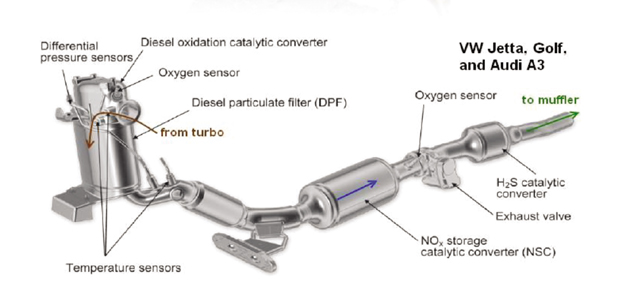
Regeneration rectification
When the filter is full and no more soot particles can be trapped, the DPF needs to undergo a regeneration process, which converts the soot into a small amount of ash.
There are two types:
Passive regeneration
Passive regeneration should automatically take place when the vehicle is driven at higher revs for a longer period (a good motorway run, for example).
Active regeneration
It is advisable to deliberately drive the vehicle in this way to actively try to start a regeneration and clear the warning light. Driving at a speed of at least 40mph for 10 – 20 minutes is usually enough to start a regeneration.
Additionally, diagnostic intervention – in the form of a ‘forced’ regeneration – can be undertaken by the garage in the workshop environment. Should the damage to the filter be so severe, however, that the aforementioned ‘regeneration’ procedures continue to prove unsuccessful then often the only option is for the DPF to be replaced, resulting in a costly outlay for the car driver. That is until now…
An alternative solution – cleaning the DPF
Utilising an ultrasonic cleaning process with specialised non-flammable chemicals, the DPF cleaning solution from DPF Clean Team can prevent the need for premature DPF replacement, at just a fraction of the cost.
Backed by a ‘no quibble’ six-month guarantee, every component is subject to a rigorous four hour, six-stage cleaning process, which includes subjecting the filter to 95 million ultrasonic impulses per minute, as well as a cutting-edge flow test – designed by the University of Nottingham – before and after cleaning to ensure improved efficiency.
Offering real flexibility to car owners and workshops, the service includes a 48-hour turnaround period, as well as free nationwide collection and return of the DPF. Removal and re-fitting advice is also offered and DPF Clean Team is confident that its process can provide a 100% clean rate to DPFs with no turbo damage.
